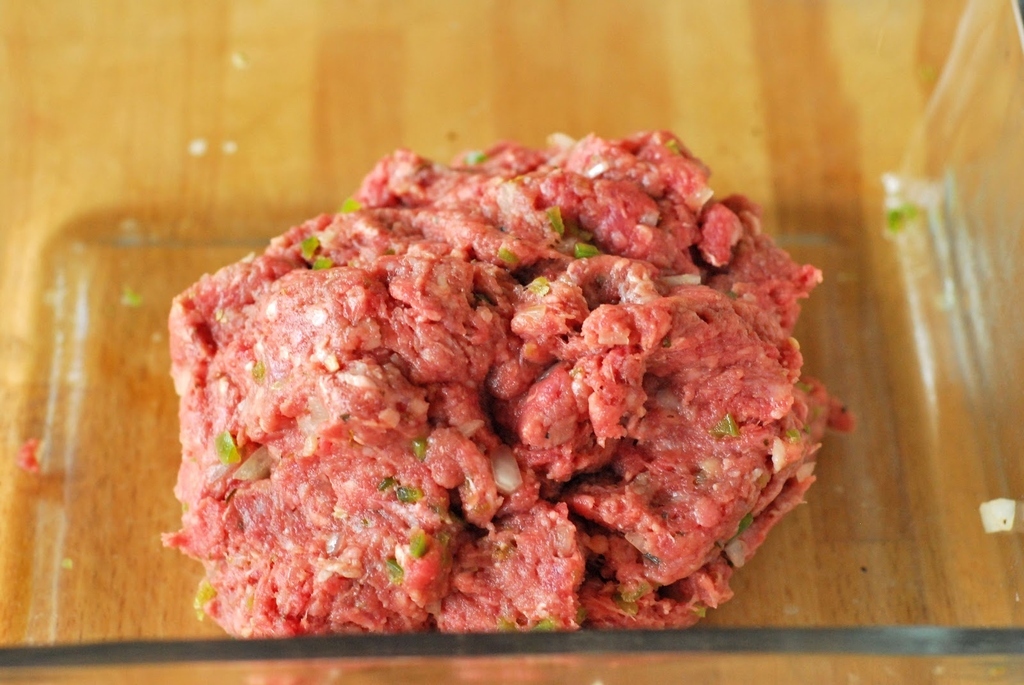

And I am going to kick some mean ass the next time I play Boggle.Īll in all it was well worth the drive, and might be an especially good - and gentle - way to make some non-vegan friends or family re-think what they eat. Did you know that word already? I didn’t. Particularly that weather and whether have a secret brother: wether - a neutered male goat or sheep. And they did explain how a dairy cow will usually live to be 20 if left unkilled or even as old as 40, not the ripe young age of 5 or 6 that they’re usually killed at now. There wasn’t a lot of, “So don’t eat ham” or “Bacon is torture.”īut they did explain how there wouldn’t be a veal industry if there wasn’t a dairy industry that threw off male calves as a byproduct of milk production. That message was there, but they didn’t rub it in your face. And you can’t imagine this thing in front of you, this giant living thing, having to spend its life in a metal cage unable to even turn around. You see one walking around, it might as well be a hippo. If you don’t know this, and I didn’t, pigs are big. And there were a couple of horses that were once thoroughbred racers, and some calves that were taken in after “a girl tried to rescue them from a veal truck.”
UNKILLED HAMBURGER MEAT DRIVERS
Some of the animals come from local humane societies, including a goat that the cops found in a bag in the backseat of a car whose drivers were on the way to conduct an animal sacrifice. Some of the animals like pigs came from things like 4-H and Future Farmers of America, where kids raised pigs and then didn’t want to see them prematurely killed for food so they called up Animal Acres and asked them to save them.

But they were great about answering questions, and explaining how the animals came to be there. However, the people who work there have plenty of like-mindedness, and didn’t need more of it from me, much as I was enjoying it from them. (If you don’t know what “cool” means, ask your mom.) I don’t tend to have a lot of like-mindedness on this topic in my life. It seemed like most everyone working there was vegan, and that was a kind of cool feeling. I’ll say one thing about the experience though (even though I already said one thing about it) it was nice to be around so many vegans. I didn’t ask any other visitors on the tour if they eat meat and if they’ll give it a second thought now. Maybe the combination of being with these animals, and hearing how they’re treated, is enough. (And I was nothing if not a quick learner.) So what’s the best approach to unlearning folks? It seems like getting up close to these animals, even petting a pig or a calf, is supposed to help. It’s as we get older, and realize that society excuses the abuses we recognize as children, that we shrug and think: well, my parents are eating animal stuff, and my teachers are, and my (other important “moral” and “ethical” and “good” people in my life) are so it can’t be so bad for me to do this also, right? As Jonathan Safran Foer says, kids see that chicken is chicken. (Smack me, please.)Īnd what about the kids? Now kids to me, are often the ones who get it.

Is it better to plant a seed about plant-based food, and what it prevents, and hope it takes root. And maybe shocking is like shaming, and people don’t want to be shamed, so it doesn’t work. And maybe shocking them pushes them away. If people eat this stuff, they should know how it’s made, and how the animals are treated.

Do you shock them, or go easy? There’s something to be said for shocking. Which made me wonder about the best way to go about introducing this concept to people who might not be familiar with it, particularly if there are kids around. Though I did hear someone say they used to show a video with some factory farm abuse in it and that they might resume showing the videos as part of the tour again. They’re kind of gentle on the whole factory farming thing in their docent-speak, or maybe I just know a docent amount about that already so it didn’t surprise me, or maybe they keep it toned down for the kids. I bet it’s on their website.Īnyway, they’ve got turkeys and ducks and roosters and hens and goats and sheep and pigs and calves and cows and steers and bulls and horses and nice staffers who give good tours. And their mission is to rescue farm animals, or take in rescued farm animals, or “farmed animals” as they called them, or something. It’s their third location, after the granddaddy in Watkins Glen, NY and another in Northern California. Īnimal Acres is now part of Farm Sanctuary. And Sunday’s the perfect day to go, because it’s only a 40 minute or so drive from LA.


 0 kommentar(er)
0 kommentar(er)
